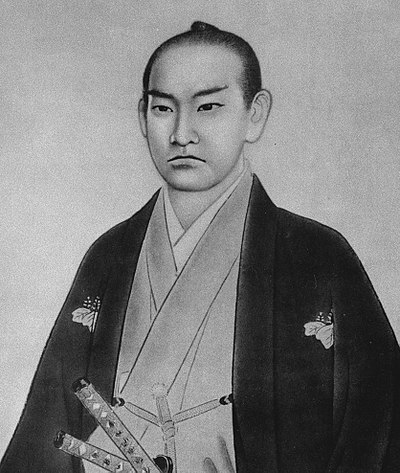There’s something interesting about humans in that when it comes to what we love, we don’t mind going through hardships. My child has just turned five recently, but he is completely hooked on the computer I gave him. He is avidly reading guidebooks and learning programming. He is literally panting with exertion, his head covered in sweat while he stares at computer. He doesn’t even want to spare time for sleep.
I often talk about “live in want to”. If we live doing what we want to, we can maximize our potential. On the other hand, if we are bound to what we have to do, we would only aim for the minimum, and this eventually becomes the maximum of what we can do.
Ichiro, the famous baseball player who recently retired said, “When I was in high school, I attended a boarding school for three years and I spent 10 minutes practicing my swing before going to bed every night, 365 days a year for three years without fail. This is the effort I’ve made more than anyone else.”
There is actually a little sequel to this episode. One of his senior high school classmates (“senpai”) says, “The ten minutes practicing his swing, right. It means at least 10 minutes. He oftentimes kept it up for an hour or even a couple of hours.”
When someone is truly into something, nothing can stop them. For us to have a dream, to work towards it, and to polish ourselves is the key to make a change in society.

There are some historical episodes related to this that I would like to introduce.
Katsu Kaishu served the Tokugawa shogunate in the late Edo period, and was the key person for the negotiations between the shogunate and the imperial government, which led to “the bloodless fall of Edo”. He is known to have been poor growing up, and there is an episode that tells how ardently he was in studying and learning despite this hardship.
In 1847, when Katsu was 25 years old, he started studying Dutch (because to study military science, one had to read foreign books in order to obtain the most updated information). At that time, there was a Dutch-Japanese dictionary named Doeff-Halma. Katsu wanted this dictionary so badly but couldn’t afford it because he was poor.
He described his situation at that time as: “No mosquito net in the summer and no futon (Japanese sleeping mattress) in the winter. I was simply falling asleep on the desk day and night. Besides, mother was ill in bed and my little sisters were too small to understand the situation. I stripped wood from the floor and cut wood from the house pillars to cook food.”
Despite this hard situation, he managed to raise some money and finally went to buy the dream dictionary. However, unfortunately, it had just been sold to someone else. Unable to give up on it, Katsu searched for and identified the person who bought it. He asked if he could borrow it but since it was an expensive dictionary, the person told him that he would only lend it with a fee.
Katsu accepted it and then copied the entire thing by hand. He was such a smart guy, he copied two and sold one to pay the lending fee.

Doeff-Halma is a huge work, consisting of 58 volumes which contain about 50,000 words in total. He made two exact copies of this by hand in one year.
Facing the biggest challenge and yet feeling vibrant, I made two copies within a year.
Even when faced with the greatest level of difficulty, one feels irresistible passion that wells up from within. This irresistibility is precious. In addition, who in the world of modern times wants to hand-copy a dictionary (and two copies, not one)?
Speaking of the end of Edo period, Hashimoto Sanai, who was executed together with Yoshida Shoin during the Ansei Purge, noted in his diary:
“No matter how much I study, I am insufficient, and I am disappointed in myself. I am weak and miserable, and that makes me cry every night when I go to bed.”
Keihatsuroku (Record for Self-Enlightenment)
This is when he was 14 years old.

Sanai Hashimoto(source:Wikipedia)
These sorts of episodes are numerous, and I could go on and on to draw similar stories.
I am not just saying that we should make an effort, or we should stick to what we’ve decided to do. To do or not is your own decision; in other words, whether you follow your passion or not. We should dedicate ourselves to what we love and be immersed in it. What you will do is ultimately your own decision.